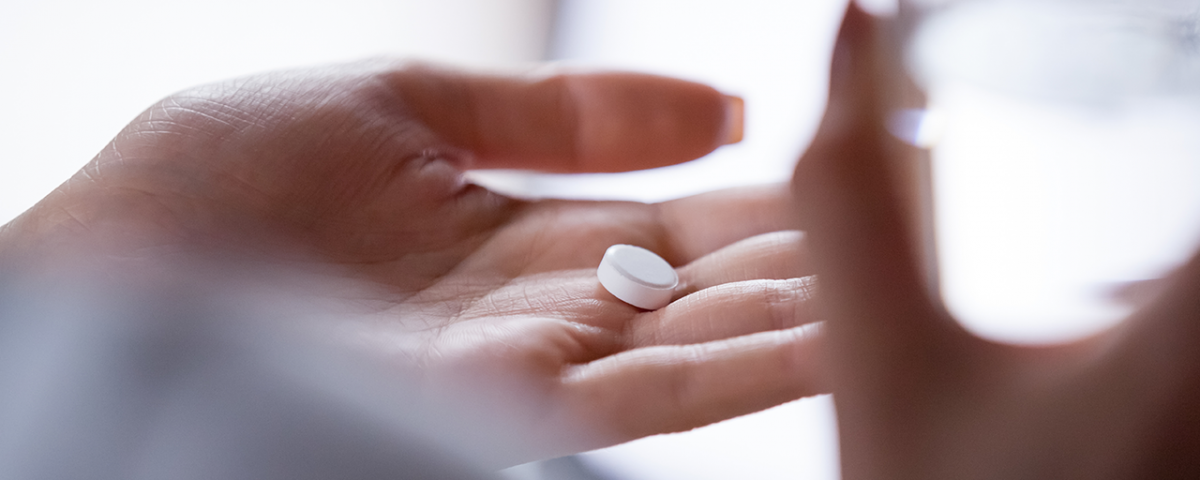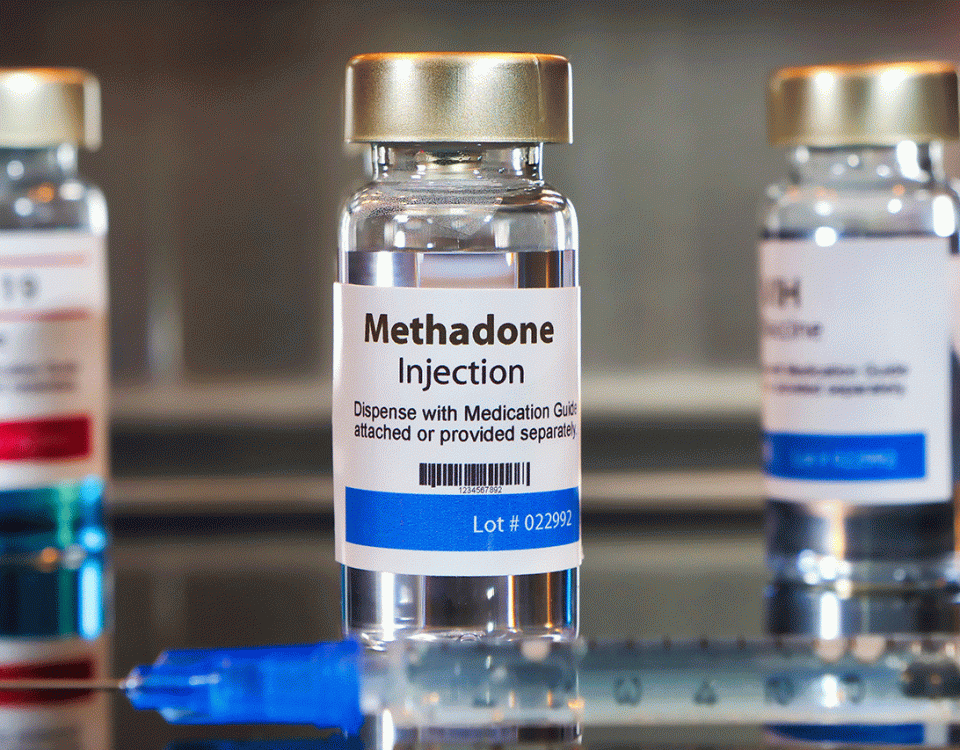Dilaudid is an opioid analgesic used to treat moderate to severe pain. It does so by affecting the ways the nervous system counters that pain. While it is legally prescribed throughout the country, prolonged ingestion of the substance is known to put its users at risk of developing an addiction. Banyan Massachusetts explores the uses and side effects of Dilaudid.
What Is Dilaudid and How Is It Used?
Dilaudid is the brand name of the drug hydromorphone, a narcotic utilized in cases of severe pain management. Hydromorphone can be taken in the form of an extended-release tablet (long-lasting) or a liquid. The former is taken every 4 to 6 hours, while the latter is taken every 3 to 6 hours. Dilaudid is utilized when other pain medicines do not manage the problem sufficiently.
Questions about our Facilities or Programs?
Our admissions coordinators are available 24/7 to answer any questions you may have as you consider whether treatment at Banyan is right for you or your loved one.
Effects of Dilaudid
Although Dilaudid makes pain management easier for its users, it still presents a number of possible side effects:
- Flushed face
- Feelings of depression
- Insomnia
- Dry mouth
- Body aches
- Stomachache
- Anxiety
- Nausea and vomiting
Certain side effects are listed as more severe and may require emergency medical intervention. These symptoms include:
- Chest pain
- Intense tiredness
- Lowered libido
- Difficulty breathing
- Swelling of the throat or tongue
- High fever
- Difficulty walking
- Visible confusion
These are only a few of the possible side effects of Dilaudid, and prolonged use of the drug will likely intensify them.
Dilaudid Addiction
As with any substance, the formation of addiction is always a possibility. Being that Dilaudid belongs to the opioid family, special instructions are typically administered to patients to attempt to keep this from happening. Any opioid addiction can be difficult to manage and can easily get out of control. This is because the more a person takes Dilaudid, the more accustomed their body becomes to the substance, meaning they will need more of the drug to get the same effect.
If you or a loved one is struggling with an addiction to Dilaudid or other substances, our Massachusetts addiction treatment includes options specialized in managing addictions to prescription or illicit drugs.
How Long Does Dilaudid Stay In Your System
Although it can be available with a prescription, Dilaudid is still widely used as an illicit drug. Some street names for the substance include smack, dillies, and D. Dilaudid will show up on a drug test as an opioid, and how long the substance is detectable depends on the type of test administered.
- Blood: Up to 12 hours
- Urine: Typically, 5 to 8 days
- Hair Follicle: Up to 90 days
The effects of the drug will usually dissipate within hours after taking it. Taking the substance in excess may require a medically monitored detox before beginning treatment.
Getting into treatment is easy with our free insurance verification
"*" indicates required fields
Dilaudid Addiction Treatment
Dilaudid, when abused, can be a potentially dangerous and life-altering substance. Being part of the opioid family, consumption of the drug without a doctor’s instruction can easily transform into an addiction. The management of substance addiction can be a daunting task, but our Massachusetts rehab is supplied with the resources necessary to guide you in your tackling of this addiction.
Call Banyan Massachusetts today at 888-280-4763 for more information on treatment options.
Related Reading:









